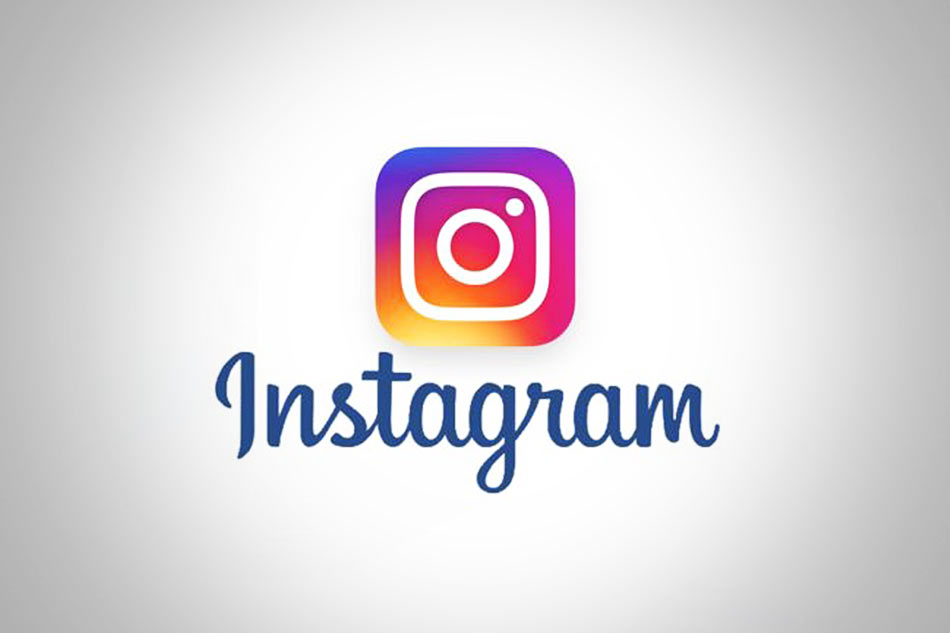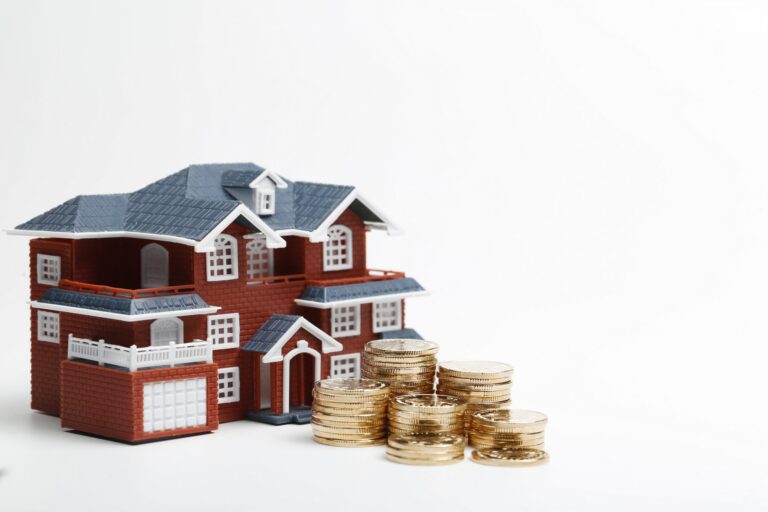Social media, once primarily seen as a platform for personal expression and connectivity, has evolved into a powerful tool for making a positive impact on society. In recent years, it has become a driving force for social change, activism, and community building. One of the most profound ways in which social media contributes to the greater good is by raising awareness about important social and environmental issues. Activists and organizations can now reach a global audience within seconds, spreading information about climate change, human rights violations, and other critical topics. This newfound ability to disseminate information quickly and efficiently has played a pivotal role in mobilizing people around causes that truly matter. Moreover, social media has been instrumental in promoting inclusivity and diversity. It has given marginalized voices a platform to be heard and celebrated. Movements like BlackLivesMatter and MeToo have gained widespread attention and support through social media, sparking conversations that have led to real-world change.

Through storytelling and personal narratives, social media has humanized complex issues and fostered empathy among people who might otherwise have remained ignorant or indifferent. Social media also acts as a catalyst for philanthropy and charitable work. Platforms like Facebook and Instagram have introduced features that allow users to create fundraisers for their favorite causes, making it easier than ever to contribute to charities and organizations. Moreover, influencers and celebrities utilize their social media presence to encourage their followers to donate to various causes, amplifying the impact of charitable initiatives. This has led to an increase in online activism and a sense of global solidarity. Another notable aspect of social media’s positive impact is its role in education. The internet has democratized knowledge, and social media platforms have become hubs for sharing educational content. Educational influencers, educators, and experts share insights and resources, making learning accessible to all, regardless of geographical or economic constraints.
Platforms like YouTube and TikTok have emerged as popular spaces for short, engaging educational videos on subjects ranging from science and history to art and cooking. This democratization of education empowers individuals to acquire new skills and knowledge, ultimately fostering personal growth and societal advancement. Furthermore, social media has facilitated community building in ways previously unimaginable. Niche groups and forums on platforms like Reddit, Facebook Groups, and Twitter enable individuals with shared interests or challenges to connect, offer support, and exchange valuable insights. This sense of belonging and shared purpose can be a lifeline for people facing isolation or discrimination, and it often leads to the creation of tangible, real-world communities that drive positive change. In conclusion, social media has transformed from a mere pastime to a powerful tool for social good. Its ability to raise awareness, promote inclusivity, drive philanthropy, facilitate education, and foster community engagement has revolutionized the way we approach and address societal challenges.



